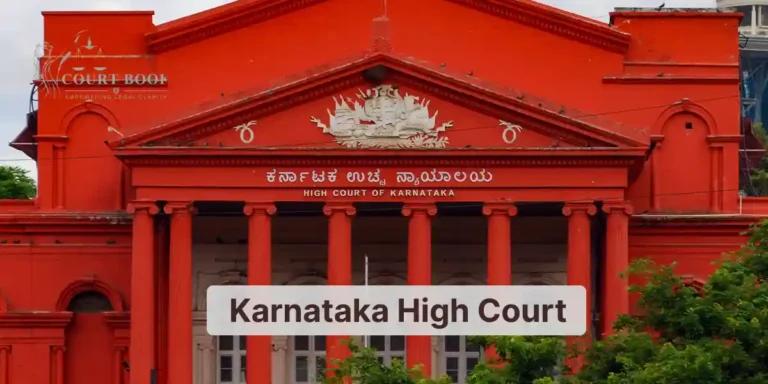The Karnataka High Court has ruled that any collection of materials by the Lokayukta police before registering an FIR under the Prevention of Corruption Act constitutes a violation of Section 17A of the Act. The decision was delivered by Justice M. Nagaprasanna while partially allowing a petition filed by S. Laxmi and others, who challenged the validity of an inquiry initiated against them without prior approval.
The petitioners, who were employees of Pattana Panchayat in Jagalur, Davangere District, argued that for three years, the Lokayukta conducted an inquiry and collected evidence against them without following the mandated legal procedure. According to them, the process should have involved obtaining prior approval, registering an FIR, and then initiating the investigation. Instead, materials were collected before any approval was sought under Section 17A.
Read Also:- Karnataka High Court Halts Tumakuru Advocates Association Election Over Women’s 33% Reservation Plea
The Lokayukta, on the other hand, contended that what was done was merely a preliminary inquiry. It was only after collecting documents that approval was sought under Section 17A to register a crime. The defense maintained that gathering a significant number of documents does not necessarily constitute an investigation in the legal sense.
The High Court analyzed Section 17A of the Prevention of Corruption Act, which mandates that no police officer shall conduct any inquiry, investigation, or any other proceeding against a public servant regarding decisions taken in their official capacity without prior approval from the competent authority.
“In the light of Section 17A creating a protective filter for vexatious and frivolous prosecution and complaints to pass muster to the rigors of Section 17A, I am of the considered view that it must be observed with complete strictness bearing in mind public interest, and protection available to such officers against whom offences are alleged, failing which many a time it would result in a vexatious prosecution.” – Karnataka High Court
Read Also:- Karnataka High Court Upholds Leave Encashment As A Fundamental Property Right Under Article 300A
The Court further emphasized that Section 17A is not a shield for guilty officers but a safeguard for those who may be wrongfully prosecuted.
Rejecting the argument that the preliminary inquiry was lawful, the bench held:
“The Lokayukta acting upon the anonymous complaint embarked upon elaborate enquiry, summoning officers, collecting documents and building a dossier, all before seeking an approval under Section 17A of the Act. To describe such fact-finding as 'preliminary' would be to trivialize the legislative intent behind Section 17A.”
The Court clarified that even if the Lokayukta’s actions were considered a preliminary inquiry, it should have only been conducted after obtaining approval under Section 17A and registering an FIR. Since these conditions were not met, the Court concluded that all actions taken before June 17, 2023, were procedurally invalid.
After reviewing all the facts, the Karnataka High Court ruled:
- The preliminary inquiry conducted before obtaining prior approval under Section 17A is null and void.
- All materials collected before June 17, 2023, lack legal validity.
- The Lokayukta is granted liberty to conduct a fresh investigation, following due process as prescribed by law.
“The veil of approval under Section 17A is now in place. Therefore, by declaring that what is conducted prior to the grant of approval being null and void, I deem it appropriate to reserve liberty to the respondents to now investigate into the matter, in a manner known to law, and take the issue to its logical conclusion,” the Court stated.
Accordingly, the Court partially allowed the petition, reinforcing the mandatory nature of compliance with Section 17A in corruption-related investigations involving public servants.
Appearance: Advocate Venkatesh P. Dalwai for Petitioner.
Advocate Venkatesh Arabatti for Respondent
Case Title: S Laxmi & Other And THE ADDL. DIRECTOR GENERAL OF POLICE.
Case No: WRIT PETITION No.11933 OF 2023














